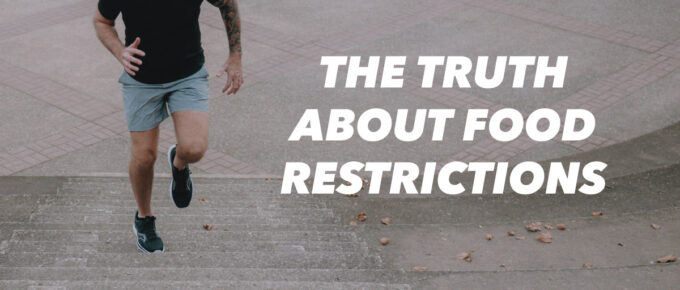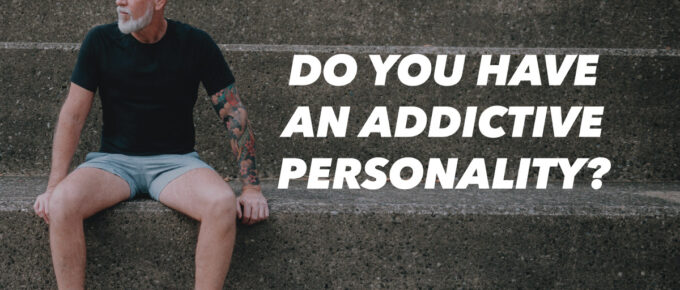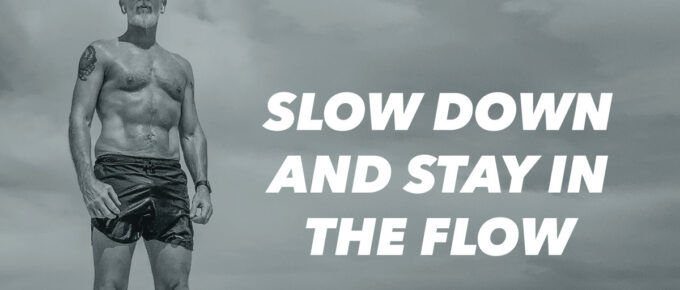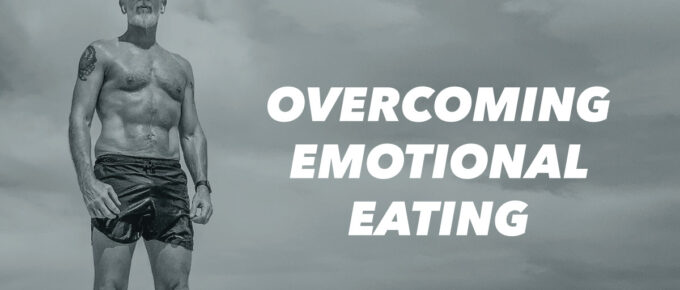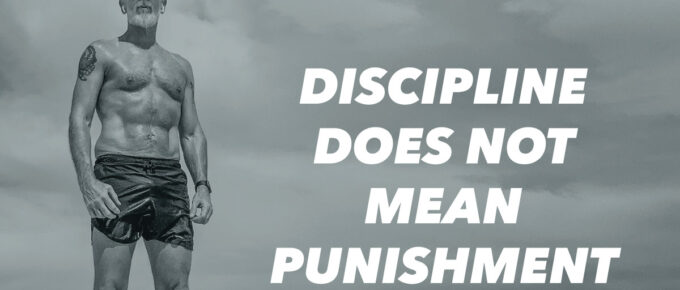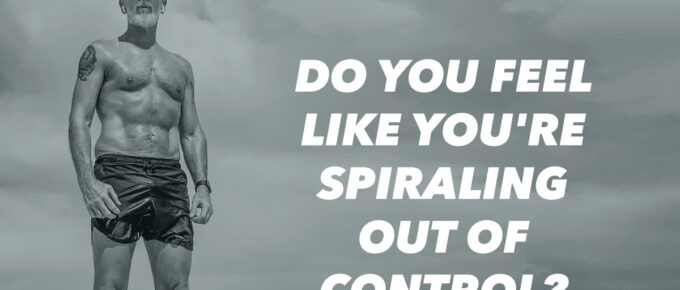A lot of people feel the need to share their thoughts with me about food restrictions. They say things like, “I don’t ever want to restrict any foods”, or “All foods are OK in moderation”, or …
Continue Reading about 154. The Truth About Food Restrictions →

